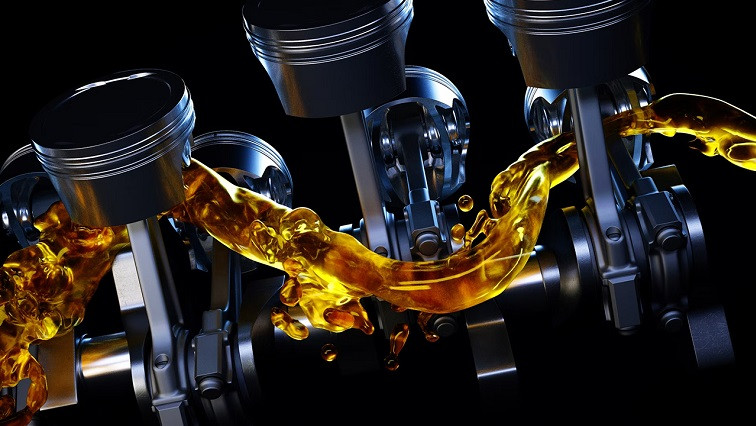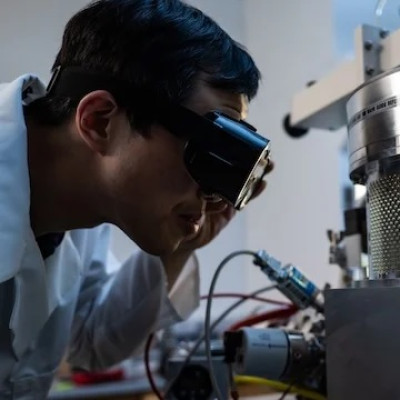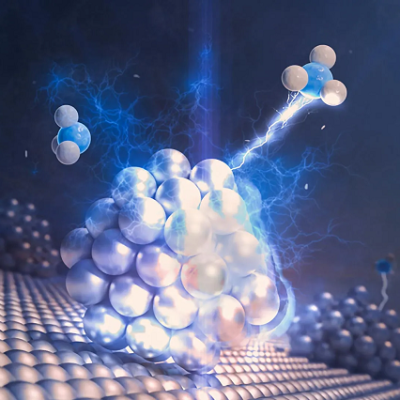Polymers in the oils and greases currently used are heavily susceptible to radiation damage leading to degradation of the lubricant. Using Haydale’s HDPlas® process, the aim is to be able to increase the lifetime of the lubricants by adding functionalised nanomaterials, including graphene. The goal is to increase the material’s resistance and better dispersion characteristics should help to achieve this. As well as the potential for significant cost savings, increasing the service life of the lubricants in use is perhaps even more important given the highly limited access there is in these areas.
Commenting on the joint project, Haydale CEO Keith Broadbent said: “Haydale is delighted to be working with CERN on this development. It demonstrates the change in direction from graphene push to market pull in terms of functionalisation and 2D materials having a real use in industry for economic and environmental reasons.”
Leading the project at CERN, Michal Macha Senior Research Fellow, added:
“Niche problems quite often cannot be solved by conventional solutions. Fortunately, we have long achieved the state-of-the-art where nanotechnology can be applied to solve complex problems. Through our project with Haydale we hope to achieve a tangible solution, usable not only in an extreme, high-radiation environment but also beyond it.”
Read the original article on Haydale Graphene Industries.







